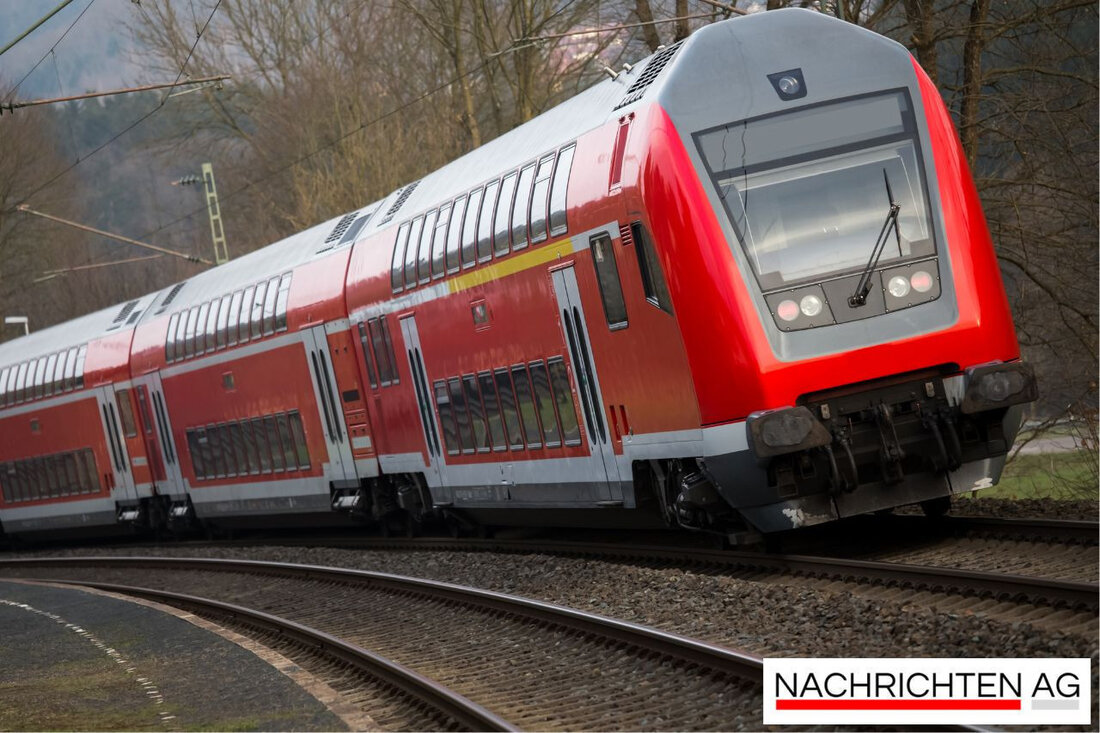Milliarden-shock: Klingbeil's plan for Germany's dilapidated infrastructure!

Milliarden-shock: Klingbeil's plan for Germany's dilapidated infrastructure!
Deutschland - Finance Minister Lars Klingbeil is planning a special pot in Germany that is to be used specifically for investments in infrastructure and climate protection. On June 24, 2025, the decision of the special fund financed by debt is to be taken by the cabinet. The details of the draft are currently coordinated with other ministries. The plan provides for loans over 500 billion euros to avoid the strict debt brake. This raises questions about financial load -bearing capacity, especially since the federal government believes that such a special fund can lead to an economic upswing that relieves the state finances in the long term. 100 billion euros are specially planned for climate protection, while another 100 billion are intended for the state's infrastructure investments. The exact distribution of the funds is determined in a non -existent economic plan. The necessity of these measures is underpinned by the considerable need for modernization of the German infrastructure in the next ten years, such as bpb.de
In Germany, climate protection becomes a major financial construction site, and there is ambiguity about the necessary financing. According to research institutes, an additional investment requirement of at least 600 billion euros will be forecast over the next ten years. This sum corresponds to around 60 billion euros annually in order to meet the current nationwide infrastructure expenditure of 450 billion euros per year. Experts warn that without sufficient investments in climate protection, which also include the building and traffic sector from 2027, CO2 prices could increase significantly. Various voices argue here, from opposition to economists that loans are essential to finance climate protection. In addition, the discussion about the debt brake is more intensive because the SPD and Greens are planning a reform, while other parties prefer the maintenance of the current regulations, such as Tagesschau.de
urgent need for action in the infrastructure
Germany is faced with a significant investment backlog in its public infrastructure. Special fields of action are traffic, education, decarbonization, digital infrastructure as well as areas such as healthcare and internal security. Current infrastructure problems, such as unpunctual trains, dilapidated school buildings and defective gymnastics, reflect the investment backlog, which according to the IPSOS globally infrastructure index between 2016 and 2024 has fallen from a positive assessment of 54% to only 35%. It is determined that 600 billion euros are also required for real progress in the infrastructure in Germany to catch up in the next few years.
The municipal budgets are particularly affected; 73% of the municipalities report residues in their administrative buildings, and many are under pressure due to their financial situation. The municipalities have 41% of public investments in Germany, but often have to struggle with over -indebtedness. The Ministry of Finance sees the critical situation in the infrastructure as an opportunity for a change, since a high debt level can also be viewed as a strength at currently low interest rates. The sustainable solution of these challenges could also include an increase in the new debt limit to 1.5% of the economic output in order to meet the investment needs, such as bpb.de summarized.
| Details | |
|---|---|
| Ort | Deutschland |
| Quellen | |
